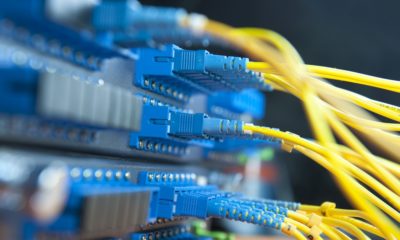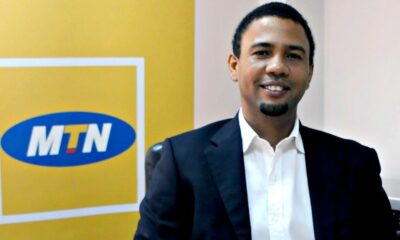GSM Association (GSMA), the industry organisation that represents the interests of global mobile network operators (MNOs) has called on African governments to release more spectrum licences that will accelerate Africa’s digital agenda in the era of global digital transformation agenda.
The organisation stated this in its report, even as it advised African governments to make cost of spectrum licences more affordable as a first step, should they want to continue to expand coverage and maximise the benefits from broadband connectivity.
Spectrum licence is the exclusive rights given by government to telecoms operators to use certain frequency band for a particular service delivery.
According to the report, “African countries account for a large proportion of the highest spectrum prices globally. When spectrum prices are adjusted by income, Africa accounts for about half of all the high or extremely high spectrum prices worldwide.
“Governments in Africa have assigned approximately half the amount of mobile spectrum compared with the global average. This gap in spectrum assignments has emerged and expanded over the last decade, making it difficult for operators to offer fast mobile broadband speeds. Governments in the region have also on average, licensed 3G and 4G spectrum around three years later than other regions.”
Analysing the report, Head of Africa, GSMA, Mr. Akinwale Goodluck, said licensing more spectrum earlier and at affordable prices could pay dividends for consumers.
He explained that higher amounts of spectrum and lower spectrum prices are strongly linked to higher population coverage, download speeds and adoption.
Countries that have assigned spectrum earlier have also achieved higher coverage levels, he further said.
Giving the statistics of the growth of mobile broadband services in Africa, the report stated that at the end of 2019, 477 million people in sub-Saharan Africa subscribed to mobile services, accounting for 45 per cent of the population.
Also, the rollout of mobile technology has driven a fifth of income per capita growth over the last 20 years. These are impressive numbers. But with some 900 million people in Africa still unconnected, there is more work to be done.
According to Goodluck, “Spectrum licensing decisions, and pricing in particular, play a crucial role in accelerating the adoption of mobile services and providing better networks and services for consumers and businesses.
Our new “Effective Spectrum Pricing in Africa” report is unprecedented in scope and depth, tracking spectrum assignments across nearly 50 African countries for the 2010-2019 period.”
He said the negative impacts of high spectrum prices on connectivity in Africa, were unfortunately clear to see. It is an issue that has to be addressed for the region to take full advantage of the benefits mobile broadband can bring.
Goodluck was of the view that mobile industry simply cannot be seen as cash cows anymore. Government interventions to maximise revenue, result in negative consequences for citizens in cities as well as rural areas.
He stressed the need for African governments to release more spectrum in a timely manner, which he said, would help telecoms operators to expand their network coverage, improve speeds and encourage adoption.
“The aim with our new report is to give governments and regulators the arguments they need in order to implement policies that help improve mobile capacity and expand connectivity,” Goodluck said.
The mobile market in the sub-Saharan region is expected to reach several important milestones over the next five years: half a billion mobile subscribers in 2021, 1 billion mobile connections in 2024, and 50 per cent subscriber penetration by 2025.
As highlighted in our recently released position paper on expanding mobile coverage, the key to reaching these goals are real partnerships between governments and mobile operators, Goodluck said.
He further stressed that together Africans could set the stage for more innovative mobile services and connect more people, wherever they may live, a development, he added, would bring the benefits of mobile connectivity to more millions of Africans.


 Forex3 weeks ago
Forex3 weeks ago



 Naira2 weeks ago
Naira2 weeks ago
 Billionaire Watch2 weeks ago
Billionaire Watch2 weeks ago




 Naira2 weeks ago
Naira2 weeks ago




 Naira2 weeks ago
Naira2 weeks ago






 Naira4 weeks ago
Naira4 weeks ago


 Naira1 week ago
Naira1 week ago






 Naira4 weeks ago
Naira4 weeks ago



















